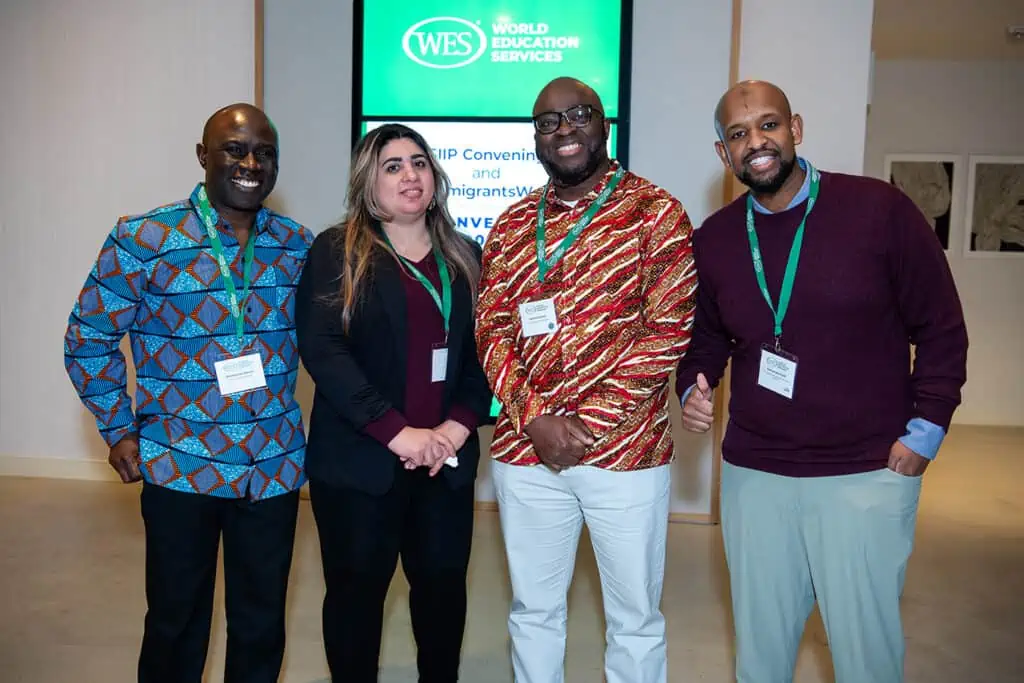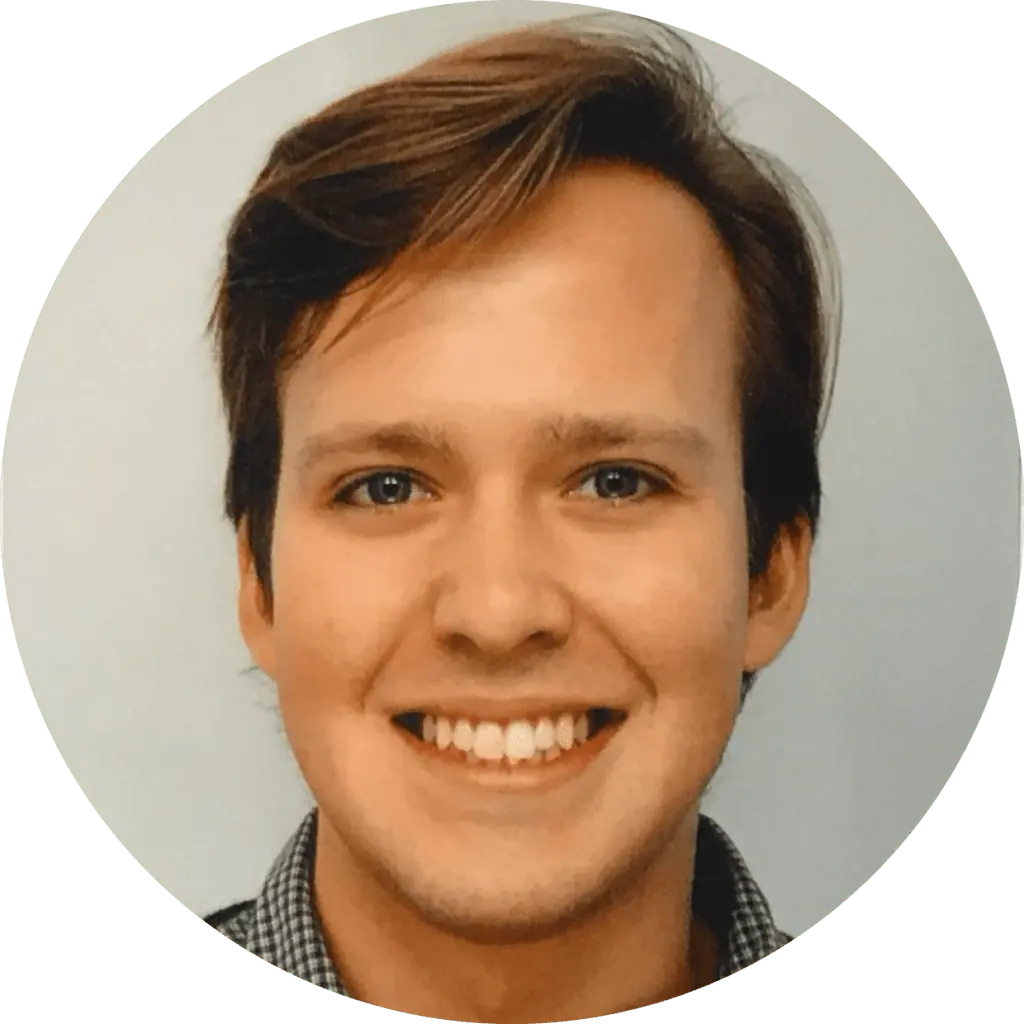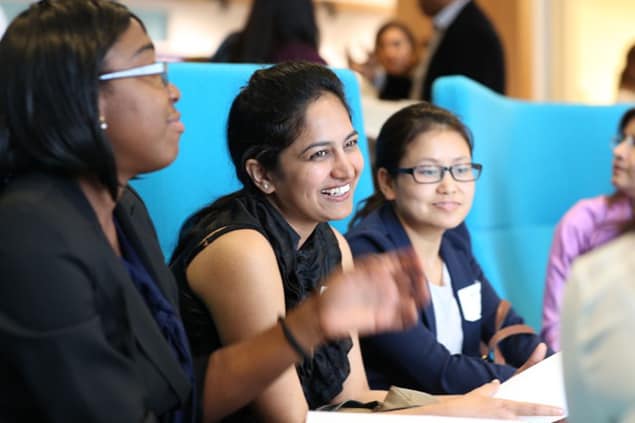How Two Immigrant-Led Organizations Are Harnessing an Opportunity to Create a More Inclusive Health Care Workforce

The United States faces growing health care workforce shortages, which are only expected to increase in the coming decade with projections estimating a national shortfall of over 900,000 nurses and up to 124,000 physicians by the year 2030. To address this issue, analysts and policymakers have begun looking to immigrants and refugees with health care training and experience. Although immigrants and refugees have long played a critical role in supporting the American health care system – nearly 2.8 million immigrants were employed as health care workers in 2021 – around 263,000 immigrants and refugees with health-related degrees and experience remained unemployed or underemployed in the U.S. This skill underutilization is in large part due to U.S. licensing boards not recognizing degrees, work experience, or occupational licensure earned abroad, forcing immigrant and refugee health professionals to repeat their education and training. This time-consuming and cost-prohibitive process is further compounded by barriers such as immigrant workers having limited English skills and lacking social or professional networks.
Recognizing such obstacles, two immigrant-led organizations are striving to forge pathways to connect immigrants and refugees to careers in health care. In Boston, Massachusetts, African Bridge Network (ABN) has created a fellowship program with local employers in the health care sector to train and position individuals with experience from abroad in non-regulated, in-demand research administration careers in Massachusetts’ health care and related industries. In Washington State, The International Medical Graduates Academy (TIMGA), formerly known as Washington Academy for International Medical Graduates, helped pass legislation creating a limited license for international medical graduates (IMGs). TIMGA has also worked to support immigrants and refugees with obtaining this license and securing employment under the law’s provisions. Now with additional funding and technical support from the WES Skilled Immigrant Integration Program (SIIP) Demonstration Opportunity, these two organizations are harnessing new opportunities to promote equitable career pathways for internationally trained immigrants in health care.
African Bridge Network (ABN)
Founded by Emmanuel Owusu, an internationally trained immigrant from Ghana, ABN was created in 2015 with the mission of building “a supportive environment for skilled immigrants to leverage their international degrees and experiences to reach their potential.” The organization, which initially offered career advising and job readiness support, now also provides, with the Boston Mayor’s Office for Immigrant Advancement, mentorship opportunities and a fellowship program for internationally trained workers. In 2021, ABN sought to expand this fellowship program to include in-demand research positions in health care.
When a member of ABN’s Healthcare Employer Council reported challenges recruiting grant research administrators to manage contracts and funding requirements for research projects at hospitals, ABN recognized an opportunity for its clients. This related career pathway would allow internationally trained health care workers to continue working in the sector without the duplicative training or high costs of obtaining licensure in Massachusetts. “SIIP Demo provided ABN the space to innovate and develop the ABN’s fellowship model,” says Owusu. As a participant in the inaugural SIIP Demonstration Opportunity, ABN sought to utilize the program’s two years of funding and technical assistance support to further develop this employment pipeline, with the following objectives:
- Placing immigrant health workers in a three-month paid fellowship with health care employers to gain the U.S. work experience necessary for career advancement in the Greater Boston region
- Through upskilling, positioning these workers as candidates to fill local demand for research administrators
- Identifying permanent funding sources and develop a scalable model for the fellowship.
ABN accomplished a great deal in two years. The organization conducted two rounds of candidate recruitment for the fellowship and established a 10-week research administrator training with Emmanuel College, a private Catholic college in Boston. It doubled its pool of employer partners – including nationally recognized employers such as New York Life Insurance Company, Harvard Medical School, and Boston Children’s Hospital – and added clinical research coordination and finance fellowship tracks to its 2023 program. In 2022, three of the eight fellows who completed their research administrator training were offered full-time positions with their fellowship employer, and ABN supported the remainder in obtaining full-time employment in a related field. All ten 2023 fellows successfully completed their research administrator training and their fellowship placement at four Boston-area hospitals. Eight have full-term jobs in research administration; one with a signing salary of $73,000. Of the remaining two fellows, one is considering a job offer and the other is interviewing for job opportunities
“Through our collaboration with WES SIIP, we’ve developed a workforce development model that effectively connects employers’ hiring needs with the skills of internationally trained professionals. This fellowship not only offers immigrant professionals the chance to gain valuable U.S. work experience but also establishes a diverse talent pipeline for our employer partners, streamlining the process of integrating them into mid-skill occupations in the U.S.” – Emmanuel Owusu
The program’s success has been recognized statewide. Last year, the Massachusetts Business Roundtable published a study on internationally trained workers in Massachusetts and their positive impact on the state’s economy, specifically recognizing ABN’s fellowship program as “helping foreign-educated immigrants find paths to success.” ABN also received nearly $500,000 in funding from the state’s Workforce Competitiveness Trust Fund to provide training and employment placement to continue the program with the goal of placing 50 future fellows.
The International Medical Graduates Academy (TIMGA)
On the other coast, TIMGA has helped create a pathway for IMGs to be able to work as medical doctors in Washington State without having to re-do their education and training. Mohamed Khalif, an internationally trained physician originally from Somalia who attended medical school in China, founded TIMGA after creating an online group to connect with other IMGs when he was unable to obtain a medical license in the U.S. Organizing this group into a professional network, Khalif represented the Washington Academy for International Medical Graduates (now TIMGA) in a working group authorized by the Washington legislature in 2019 to study how IMGs could address the state’s physician shortage. In 2021, TIMGA successfully lobbied the state to pass State House Bill 1129, which created a limited medical license allowing IMGs who have not yet secured a U.S. residency to practice under the supervision of fully licensed physicians. IMGs must be nominated for the limited license by a qualifying medical facility or state agency.
Recognizing an opportunity to ensure the new law is effectively implemented, TIMGA sought the SIIP Demonstration Opportunity’s support to achieve the following goals:
- Raising awareness of the limited medical license among potential nominating entities, and among physicians who might be willing to supervise IMGs under a practice agreement
- Providing information and professional development support to IMGs seeking to use the limited medical license
- Lobbying to remove a policy barrier that prevents more employers and IMGs from making use of the newly instated limited medical license
As a champion of the limited license, TIMGA led the development of resources informing potential nominating facilities and agencies about the license and about the unique challenges IMGs face. TIMGA also held four IMG hiring fairs in partnership with medical providers throughout the state, simultaneously working with these employers to address a barrier requiring supervising physicians to hold malpractice insurance for any IMGs under their supervision. In fact, after meeting with the Washington Medical Commission and testifying alongside IMGs and employers, TIMGA successfully lobbied the state legislature to pass requirement, making it financially possible for more physicians to enter into practice agreements to supervise IMGs under the limited license.
TIMGA also led efforts to educate IMGs about the license and the opportunity to practice medicine in the state. The organization created materials for IMGs to learn about the license, search for jobs, and educate potential employers regarding the licensing process. Additionally, TIMGA provided direct support to IMGs, including more than 150 individual coaching sessions, group coaching sessions, and professional development workshops. Thanks to these multipronged efforts, there are currently 55 IMGs practicing with the limited license in Washington State and another 17 in the process of applying for the limited license.
“Through collaboration with partners like World Education Services, TIMGA has spearheaded a transformative initiative, empowering international medical graduates to contribute their expertise to underserved communities. With gratitude for their support, we champion inclusivity and access to health care, ensuring no one is left behind in our pursuit of health equity.”—Mohamed Khalif
The effects of TIMGA’s work helping IMGs practice medicine in the U.S. have reached beyond the borders of Washington State. Through TIMGA, Khalif has since provided technical assistance to Colorado and Illinois, both of which passed legislation expanding pathways to licensure for IMGs in the 2023 session. Though not a specific goal of its SIIP Demonstration Opportunity program plan, TIMGA responded to the nationwide need for licensure pathways by scaling its programming and supporting other states’ similar goals.
About the SIIP Demonstration Opportunity
The SIIP Demonstration Opportunity builds on the SIIP model, continuing to provide a community of practice for organizations working to promote the economic inclusion of immigrants and refugees, while also offering customized technical assistance, financial assistance, and program development support to advance promising initiatives that have the potential to be replicated in other communities. With the support of the SIIP Demonstration Opportunity, ABN and TIMGA were able to further facilitate progress dozens of internationally trained immigrants and refugees re-enter the health sector.
“These two organizations are truly leaders in the field. It has been such a pleasure to learn from them these past two years and see them connect, brainstorm, and innovate together.”
– Mikaela Santos, Senior Program Manager, WES Global Talent Bridge
By supporting community-based organizations that have identified local interventions to promote economic inclusion, the SIIP Demonstration Opportunity encourages grassroots solutions rather than pushing a one-size-fits-all approach. As a result of this model, organizations like ABN and TIMGA can develop and test innovative and inclusive programming tailored for their communities and build internal capacity to achieve what works best for them. Additionally, the community of practice model by which ABN and TIMGA worked to establish career pathways in health care meant the organizations could meet regularly to discuss their progress and exchange advice.
“The success of our inaugural Demonstration Opportunity shows the promise of this new program model that is centered on partnership and allows WES to more fully support innovative programming that is breaking down barriers for internationally trained immigrants and refugees.”
– Katherine Gebremedhin, Director, State and Local Initiatives, WES Global Talent Bridge
******
WES Global Talent Bridge congratulates ABN and TIMGA on the work they have accomplished in the past two years of their participation in the SIIP Demonstration Opportunity. WES looks forward to continuing our support of and partnership with these organizations through the SIIP Alumni network, which spans 40+ communities across the U.S. To learn more about the current SIIP Demonstration Opportunity cohort, SIIP, and related state and local initiatives, please visit our webpage.





